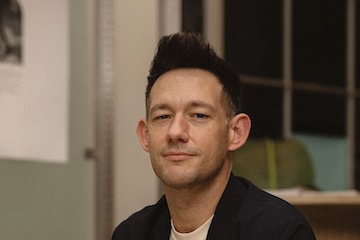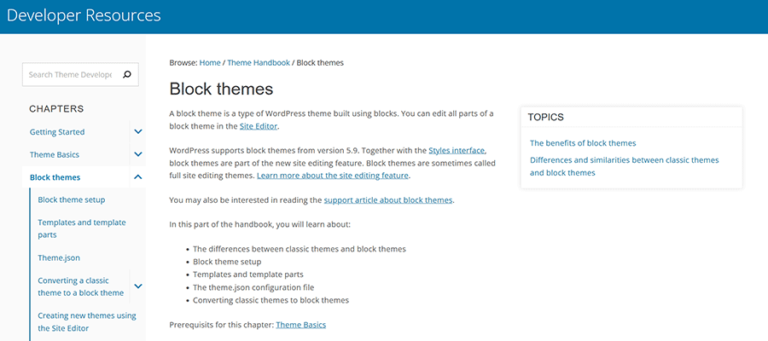
Phillip Jackson launched Future Commerce in 2016. The company produces articles, newsletters, and podcasts focusing on coming trends and developments in business.
He believes commerce produces a gentler society, one that fosters culture and stability. Commerce is culture, he states.
He and I recently discussed his company’s mission, large versus small brands, the maturity of ecommerce, and more. The entire audio of our conversation is embedded below. The transcript is edited for length and clarity.
Eric Bandholz: Who are you?
Phillip Jackson: I am the co-founder and CEO of Future Commerce, a small, bootstrapped business researching and producing media for ecommerce businesses. We work with large and small brands. We’re trying to predict the future of commerce, which was technology for the last 15 or 20 years, but now that every business is technology-enabled, we have to think about the next phase. We have four podcasts: Future Commerce, Infinite Shelf, Step by Step, and Decoded.
Ten years ago, big brands said, “We need to be online,” and “What does direct-to-consumer look like for us?” Let’s say you’re dealing with Mondelez (the food and beverage holding company) or some other conglomerate where you have individual brands with their own innovations teams, futures teams, and P&Ls within the business. They’re all resourced differently, have separate budgets, and are not talking to each other.
Some brands will find a way to achieve breakout success on the sly. You have little scrum teams or individual operating teams that don’t ask for permission—they ask for forgiveness and demonstrate success somewhere within the business. Some of the best innovations occur when they bring in entrepreneurs who understand how to get stuff done. They’re not just about theory, sitting in boardrooms, and figuring out spreadsheets. They’re good at rolling their sleeves up and getting things done.
Bandholz: You talk about an idea that commerce is culture. Can you explain?
Jackson: We’ve been at it with Future Commerce for about eight years. Over the last three or four years, ecommerce has mostly been solved. You can talk about all the tips, tricks, and tactics, but generally, it’s just buying a new piece of software.
The early exciting internet promise based on technology is gone. What has become exciting is going back to the fine arts. When I talk to folks in corporate roles, such as the head of commerce for YouTube or the head of innovation for Visa, they yearn for something deeper. Commerce is a human truth, and independent cultures have all created and found each other through trade routes. The world came together through this necessity of having something others need. Commerce is not just a value exchange — it’s a cultural connection.
We’ve learned that live-streaming isn’t the future of commerce, yet every analyst said it would be because that was happening in Asia. Maybe commerce is more cultural. Every independent culture has its own way of expressing itself, and maybe commerce is one of those. We’ve pared it down to “commerce is culture.” It is who we are at our core. It’s what we value.
A French philosopher believed that commerce makes people more amenable. When you have things you love, prize, and value, you don’t want to lose them. People who have nice things become better actors in society. As a nation becomes richer and attains wealth, it’s less prone to social upheavals. Commerce has a gentle effect on society and gives us the capitalist economy today.
Eric Bandholz: Where can people support you?
Jackson: Visit FutureCommerce.com. Find me on Twitter and LinkedIn.






